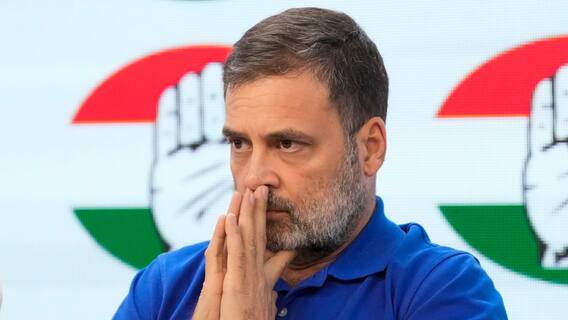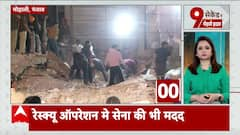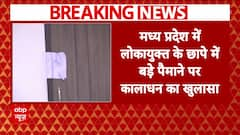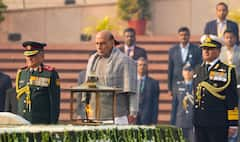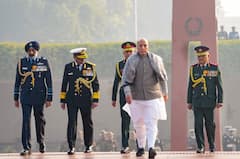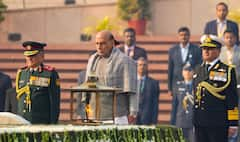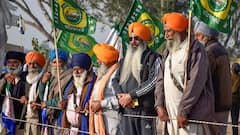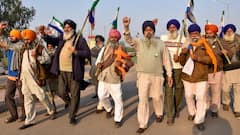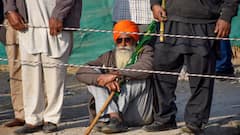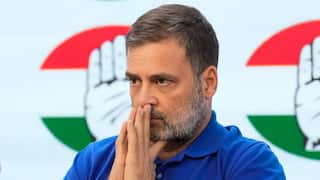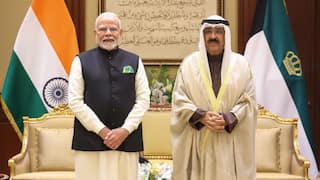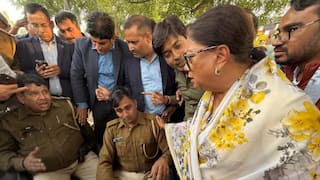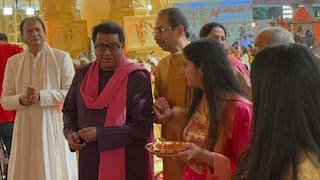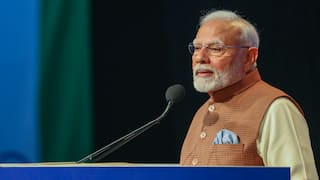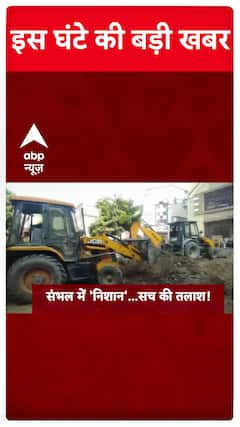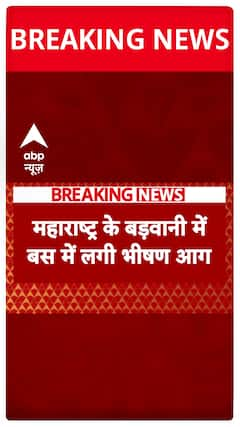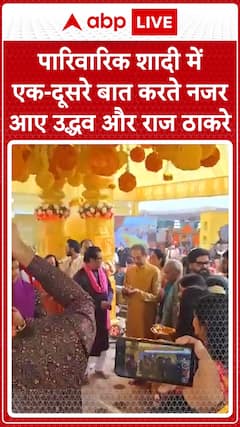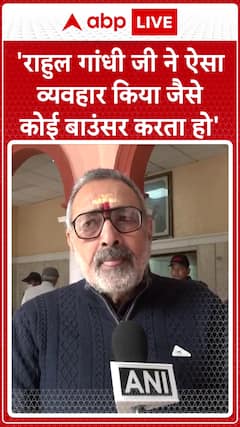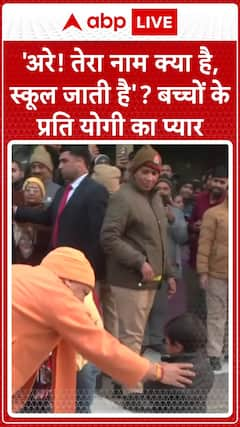'Hoping For Justice': J&K Leaders Ahead of Supreme Court Verdict On Article 370 Abrogation
Ahead of the verdict, former chief ministers of Jammu and Kashmir, including Omar Abdullah, Ghulam Nabi Azad, and Mehbooba Mufti, said they hope that the verdict comes in their favor.

New Delhi: The Supreme Court is set to announce its verdict on a batch of petitions challenging the abrogation of the provisions of Article 370 on Monday.
Ahead of the verdict, former chief ministers of Jammu and Kashmir, including Omar Abdullah, Ghulam Nabi Azad, and Mehbooba Mufti, said they hope that the verdict comes in their favor.
It is to be noted that they have been opposing the Central government's move to scrap the said article, which bestowed a special status on the erstwhile state of Jammu and Kashmir.
Speaking to ANI, National Conference leader Omar Abdullah said, "When we went to the Supreme Court in 2019, we went with the hope of justice, even today our feelings are the same. We were eagerly waiting for this day. Tomorrow, the judge will give his verdict, we hope for justice..."
#WATCH On Article 370, National Conference Vice President Omar Abdullah said, "When we went to the Supreme Court in 2019, we went with the hope of justice, even today our feelings are the same. We were eagerly waiting for this day. Tomorrow, the judge will give his verdict, we… pic.twitter.com/4HVriiXqXW
— ANI (@ANI) December 10, 2023
The former chief minister further stated that his party will not disturb the peace in Jammu and Kashmir even in case of an adverse Supreme Court verdict.
"The Supreme Court has to give its verdict, let it. If we had to disturb the situation, we would have done it after 2019. However, we said it then and we reiterate it now that our fight will be peaceful and in accordance with the Constitution, taking help of the law for protecting our rights and preserving our identity.
"What is wrong in it? Don't we have a right to say this in a democracy? Can't we raise objections in a democracy? If others can talk, why not us?" Abdullah asked at a party convention at Rafiabad in Baramulla district, reported PTI.
Ghulam Nabi Azad On SC Verdict
Former Jammu and Kashmir chief minister Ghulam Nabi Azad expressed hope that the top court will deliver a verdict in favour of the people.
Speaking to reporters, Azad said, "I have said it earlier ... there are only two (institutions) that can return articles 370 and 35A to the people of Jammu and Kashmir -- Parliament and the Supreme Court. The Supreme Court bench is non-partisan and we hope that it will give a decision in favour of the people of Jammu and Kashmir."
He said that he cannot foresee Parliament reversing the decisions taken on August 5, 2019, as it would require a two-thirds majority in the Lok Sabha.
"To return Article 370 and Article 35A would require 350 seats (in the Lok Sabha). Any regional party in Jammu and Kashmir can get three, four or a maximum of five seats. That would not be enough. I do not see the opposition mustering such numbers. (Prime Minister Narendra) Modiji had the majority, but he did not do it. So it is only the Supreme Court that can do it," he said.
Mehbooba Mufti On Verdict
On Saturday, Mehbooba Mufti, the chief of the People's Democratic Party (PDP), expressed concern about the actions of the Jammu and Kashmir administration, suggesting that the Supreme Court's verdict on petitions related to Article 370 might not be in the country's best interest.
"Since Friday night, we are witnessing that lists containing the names of the workers of different parties, especially the PDP, are being prepared by police and it seems that such a decision is to come which is not in favour of this country and Jammu and Kashmir, but only to further the BJP's agenda and hence, some precautionary measures are being taken, which is unfortunate," Mufti told reporters in Anantnag.
She asserted that it is the apex court's responsibility to ensure that it does not push the BJP agenda, but keeps the integrity of the country and its Constitution intact.
She called the decision taken by the BJP-led Centre on August 5, 2019, to abrogate the provisions of Article 370 "illegal, unconstitutional" against Jammu and Kashmir and the promises made to the people.
"First, the Supreme Court took a lot of time to hear the cases. It took five years. Then the Supreme Court itself in its previous judgments has said no one can abrogate Article 370 barring the constituent Assembly of Jammu and Kashmir.
"So I think the decision should be simple that whatever was done on August 5, 2019 was illegal, unconstitutional, against Jammu and Kashmir and the promises made to the people here," she said.
Trending News
Top Headlines






